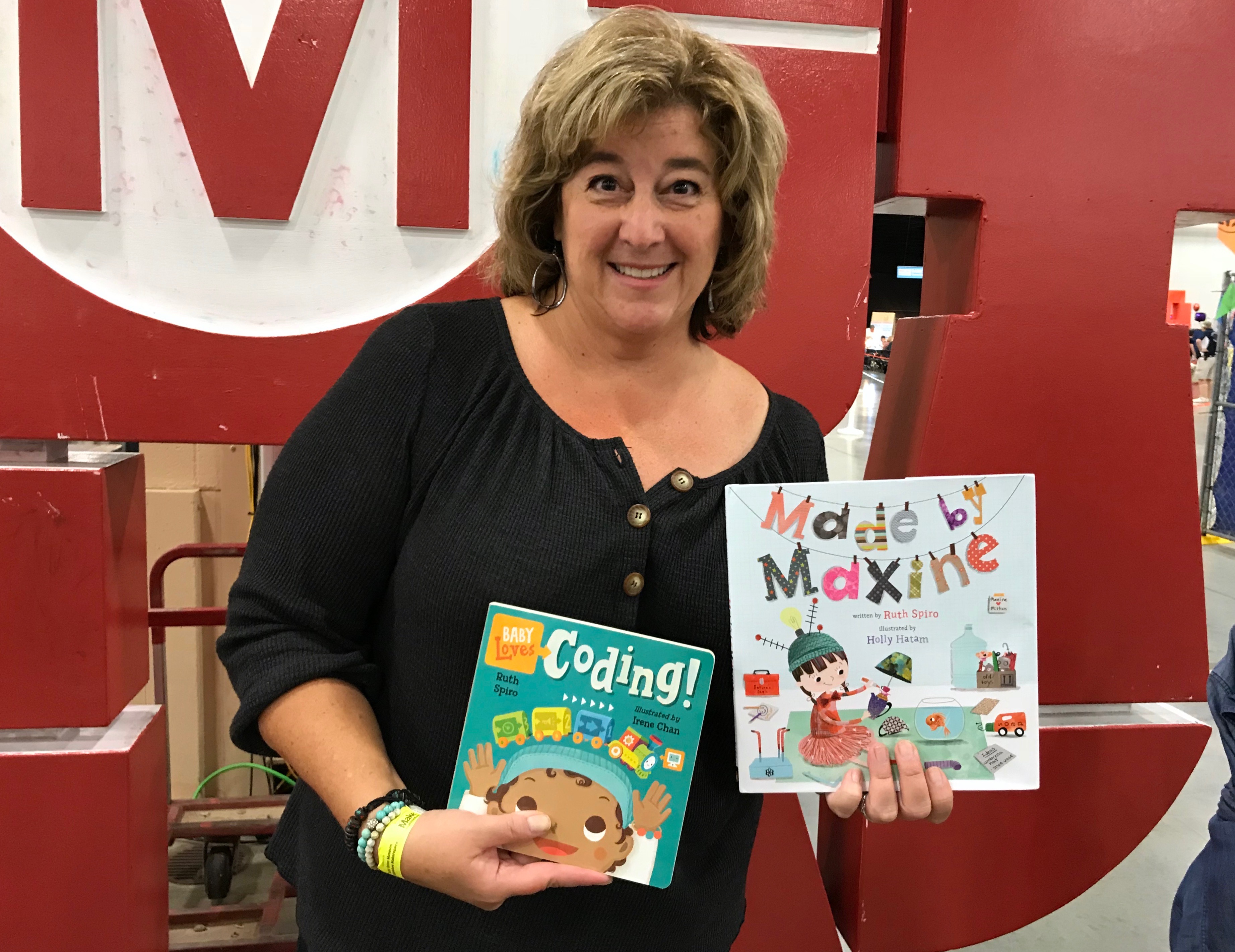
A maker mindset is also a growth mindset. In both, it’s not a matter of what you know, but having a willingness to explore new things, take risks, and view mistakes as learning experiences. Not knowing how or why something works is the perfect reason to jump in and figure it out!
The exciting thing about Making and Tinkering is that it’s perfectly fine to start “where you are.” Projects can be high-tech, low-tech, or even no-tech. In fact, creating projects using items repurposed from the recycling bin is both economical and environmentally friendly. Ready to give it a try? Here are six important benefits of Making and Tinkering:
1. Making develops confidence, persistence & resourcefulness.
In the tinkering mindset, “mistakes” and “failures” are valued and viewed as essential to the process.
2. Makers become active producers, rather than passive consumers, of media and technology.
“When students use technology in passive ways to consume media, even educational media, the positive impact is limited. But when students use technology actively, as a tool to create, to design, to explore, and to collaborate, they enable new kinds of deep, often transformational, learning experiences.” (www.brookings.edu, 3/18/16)
3. Through making & tinkering, children learn to:
- Creatively solve problems
- Develop fine motor skills
- Improve critical thinking and logic
- Collaborate, work in a group, and develop supportive relationships
4. Tinkering can be a natural and purposeful extension of play.
“As they playfully work together, they learn about the creative process: how to imagine new ideas, try them out, test the boundaries, experiment with alternatives, get feedback from others, and generate new ideas based on their experiences. At the core of this creative process is the ability to create. If we want children to develop as creative thinkers, we need to provide them with more opportunities to create.” (Mitch Resnick in Lifelong Kindergarten)
5. Early exposure to STEM fields can help narrow the achievement gap for children from traditionally underrepresented groups.
“It’s important for young children to learn about technology before they develop preconceived notions about who is good at science, technology, engineering and math. Research shows that women and minorities often dismiss careers in technical fields at a very young age. By fourth grade, stereotypes are already formed. You have to start early before they have preconceptions.” (Dr. Marina Umaschi Bers, professor in the Eliot-Pearson Department of Child Study and Human Development and an adjunct professor in the Department of Computer Science at Tufts)
6. Making gives students the skills they need to invent the future.
“If you say, ‘I have an idea for something,’ what you really mean is, ‘I want to change the world in some way.’ Humans love to create. And creating starts with an idea that can change the world.” (Nancy Duarte in resonate)
Is there any reason better than that?! Start Making & Tinkering with your kids today, and give them the tools they need to change the world!
